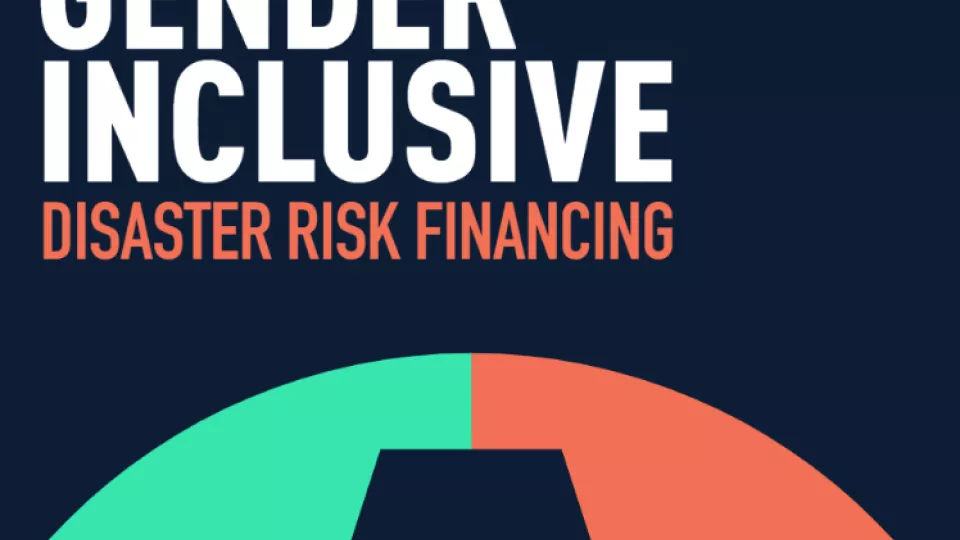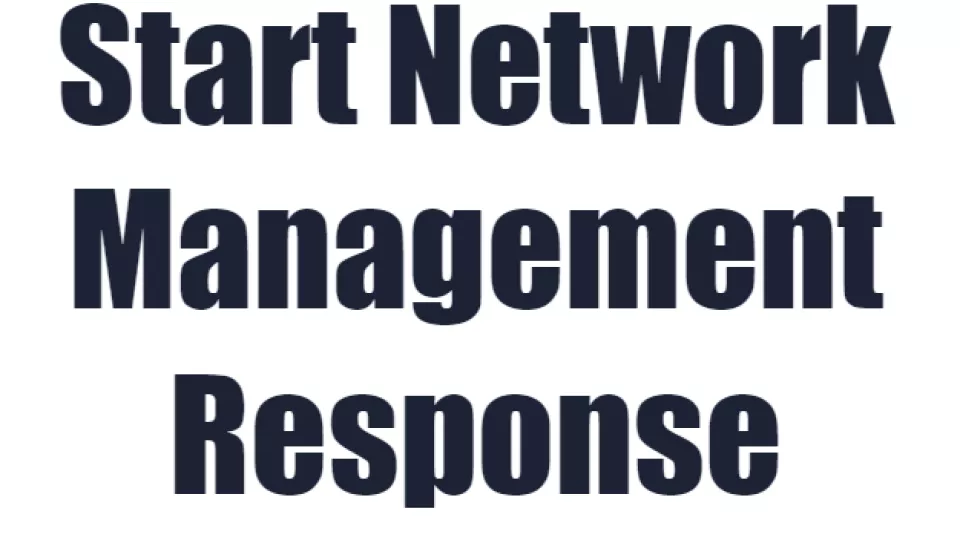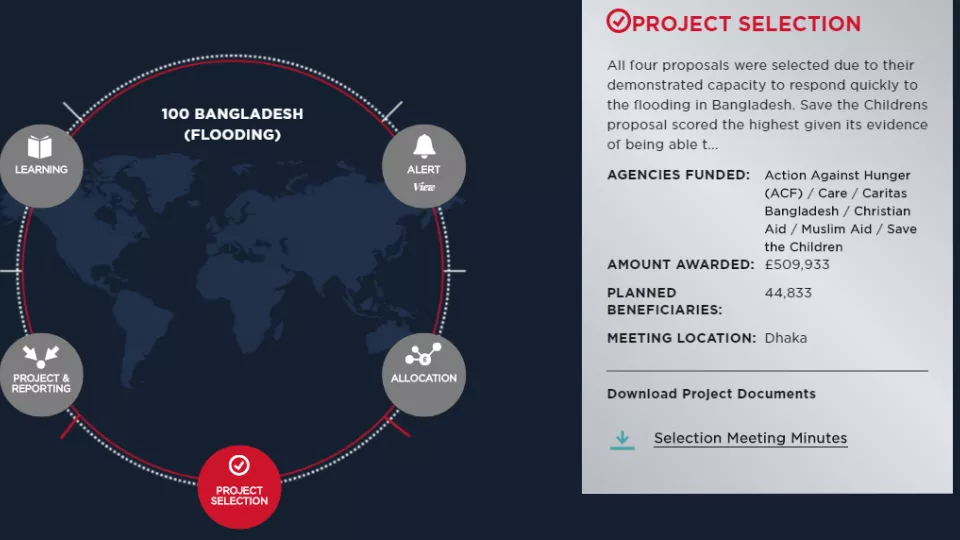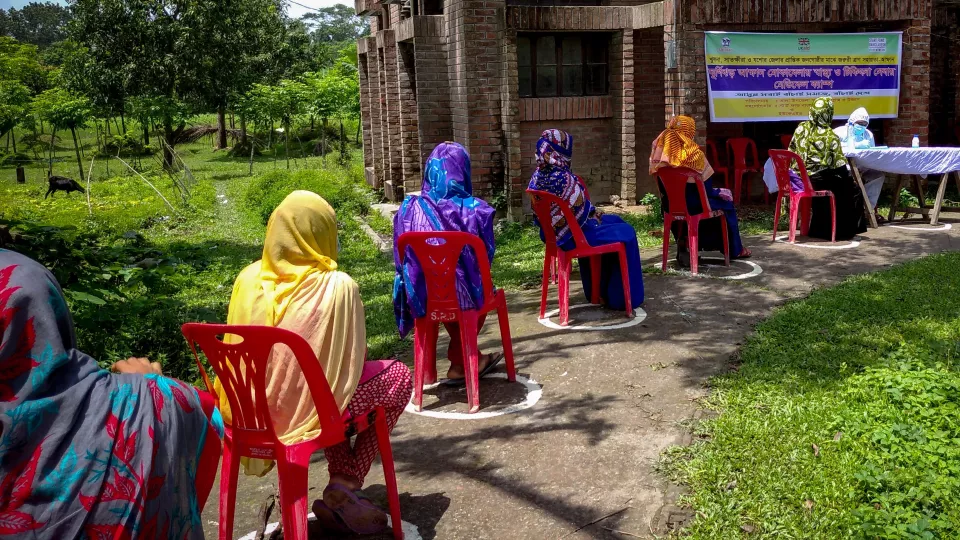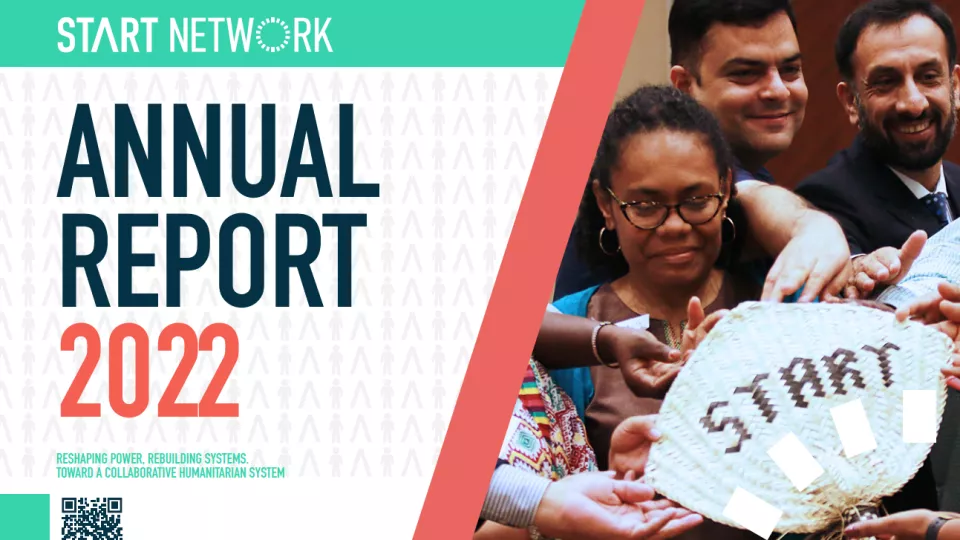
Annual Report 2022
Start Network has launched its 2022 Annual Report and Financial Accounts, highlighting the fantastic achievements of our members, partners, donors and staff. The report demonstrates the collective efforts our network has made to drive the sector towards a more collaborative humanitarian system.

